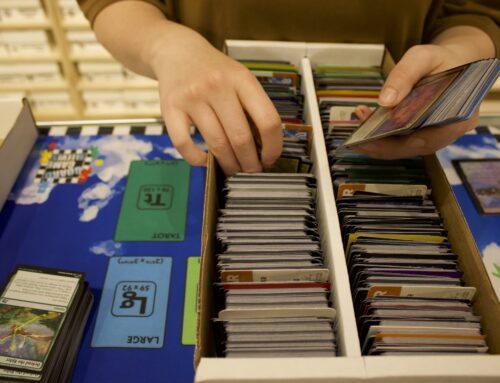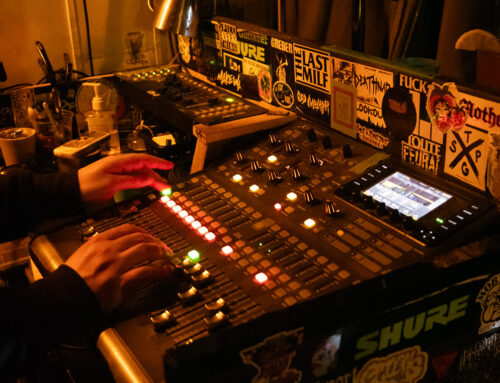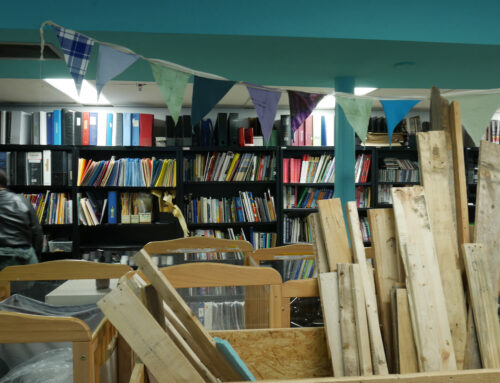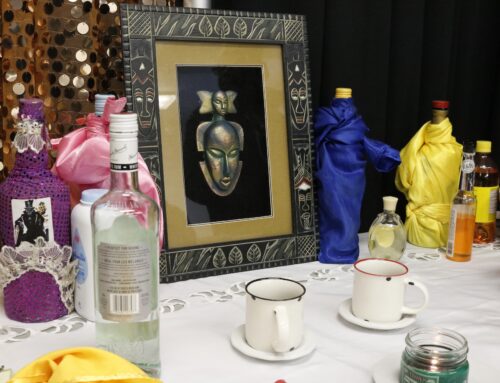BY Zaccary Valente & Nadia Liboneye
Montreal has long been known as one of North America’s great jazz cities. But recently, venues have closed down, audiences have decreased, and the city’s rich jazz culture appears to be at risk.
“Jazz was very popular in Montreal years ago. You would meet a bunch of old guys who used to play six days a week at multiple venues. You don’t find that anymore,” says Michel Picard, co-founder and managing director of the Montreal School of Jazz. “There are fewer venues that jazz musicians can play at today.”
The jazz scene took a big hit when Montreal’s House of Jazz shut down in 2020. Rising rent, shifting audience demographics, and economic pressures also lead to the difficulty of keeping certain jazz venues alive.
Montreal still has the International Jazz Festival and it remains one of the city’s most significant cultural events, drawing millions every summer. However, it has also faced criticism for moving away from jazz-focused programming.
“The controversial aspect of jazz festivals is how much they continue to support jazz music itself,” says Joshua Rager, the chair of Concordia University’s music department. “While calling themselves the jazz festival – and I get it that their corporate entities are trying to stay alive – but they’re starting to book rappers and other music outside of the style and genre of jazz. I think they should call themselves a music festival.”
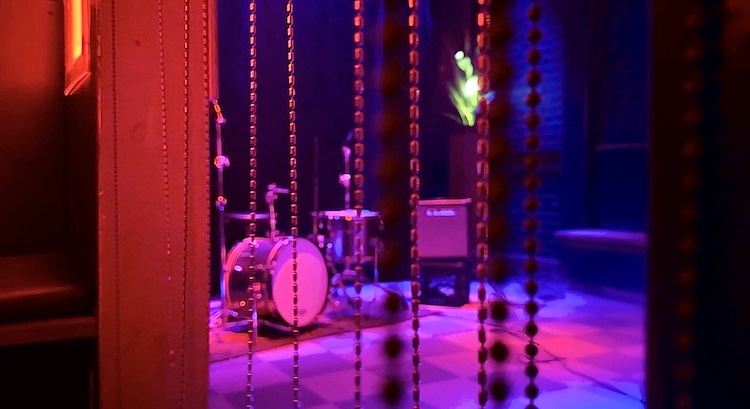
Photo of drum set on stage at Barbossa jazz music venue on Saint-Laurent Boulevard in Montreal. Photo by Zaccary Valente.
The 2024 jazz festival hosted multiple hip-hop acts including Grammy award winning rapper Killer Mike and Freddie Gibbs. This shift has led some jazz enthusiasts to feel that new generations are not going to know the history and depth of jazz. “Except for the name, we won’t really know the connection to jazz,” says Rager.
However, he notes that it does give local musicians a chance at some great exposure. “I’ve actually performed at the Jazz festival and it’s a really cool experience, you feel like a rockstar, you’re up on a stage and there are thousands of people listening to you,” says Rager. “The jazz festival always makes it appoint to book jazz musicians like me, and they really make an attempt to stay connected to the jazz scene.”
There is some optimism as well. Enrollment is up at Picard’s school.“Two years ago, the Montreal School of Jazz had started with an average of 20 students per semester and now we doubled to an average of 40 students per semester,” says Picard, explaining that they still face financial issues. “All the funding is going down, because of the short budgets everywhere. If you don’t have a little bit of help, it’s easy to drown. So, it’s not good news at all for arts in general.”
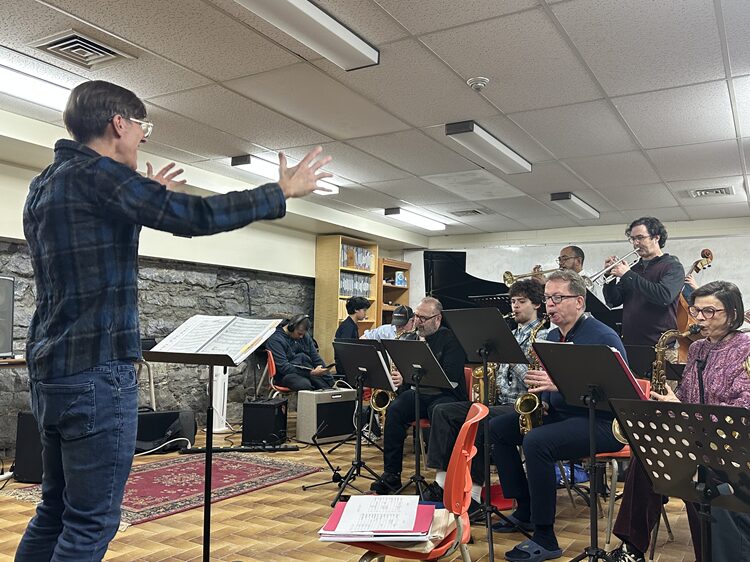
Photo of Bruno Lamarche and his students practicing a song at the Montreal School of Jazz. Photo by Zaccary Valente.
However, many graduates struggle to find performance opportunities within the city, according to Picard. “Between one and two percent of jazz musicians have a successful career,” he says. “Celine Dion is one percent of the community. Of course, couples’ revenue is a support, and you manage to do good, but that depends what good is in your mind. Is $100,000 good enough? Considering all the expenses you have to pay yourself and how hard it is to succeed, at the end of the day, it’s not that good. It’s a tough choice to make.”
Members of Montreal’s Jazz scene describe how they manage to grow and keep the tight-knit community alive. Video by Nadia Liboneye.
The cost of maintaining a live music venue in Montreal has also become increasingly difficult. Rising rent and operating costs, particularly in neighborhoods like the Plateau and downtown, have forced many clubs to shut down.
Things are so desperate that the city has created a fund where clubs can get up to $40,000 to help them survive.
Some venues have transitioned into cocktail bars or general live music venues to attract younger audiences, rather than focusing solely on jazz.
Map depicting the locations where live jazz music venues have shut down over the years in Montreal due to decreasing popularity. Map by Zaccary Valente.
“Barbossa stands out as a venue because it is really just a small bar with drinks and dancing more than anything else,” says manager Murad Meshgini. “But the space in general allows for a lot of diversity. Jazz nights, house nights, techno nights, hip hop night, drum and bass night, and its eclectic nature lends itself to live music or live sets so what makes it unique is that it’s not always a jazz bar, it’s sometimes a jazz bar.”
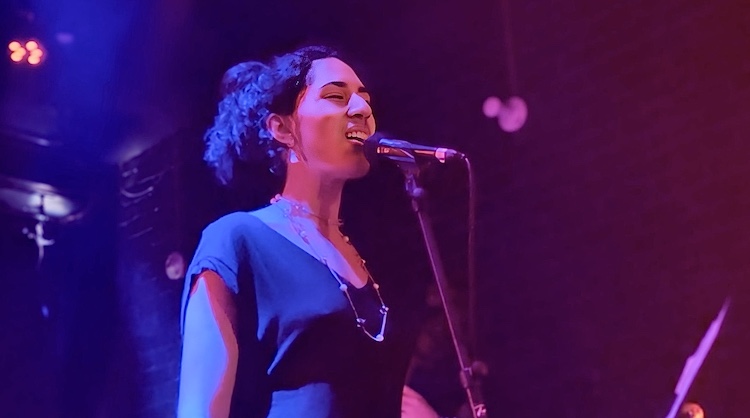
Jazz vocalist Maia Prasad singing at Barbossa, a live music venue on Saint-Laurent Boulevard in Montreal. Photo by Zaccary Valente.
Meshgini mentions that he doesn’t think that a lot of the kids that come to Barbossa come to listen to jazz specifically. “Their friends or themselves are musicians or study music and they find our venue and they fall in love with the atmosphere,” he says. “The programming is as diverse as the kids that play. If they have ideas, they just kind of do it.”
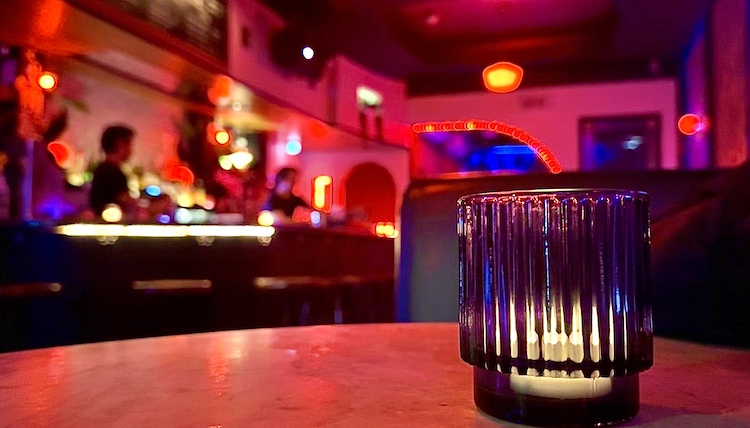
Photo of a candle at Barbossa jazz music venue on Saint-Laurent Boulevard in Montreal. Photo by Zaccary Valente.

